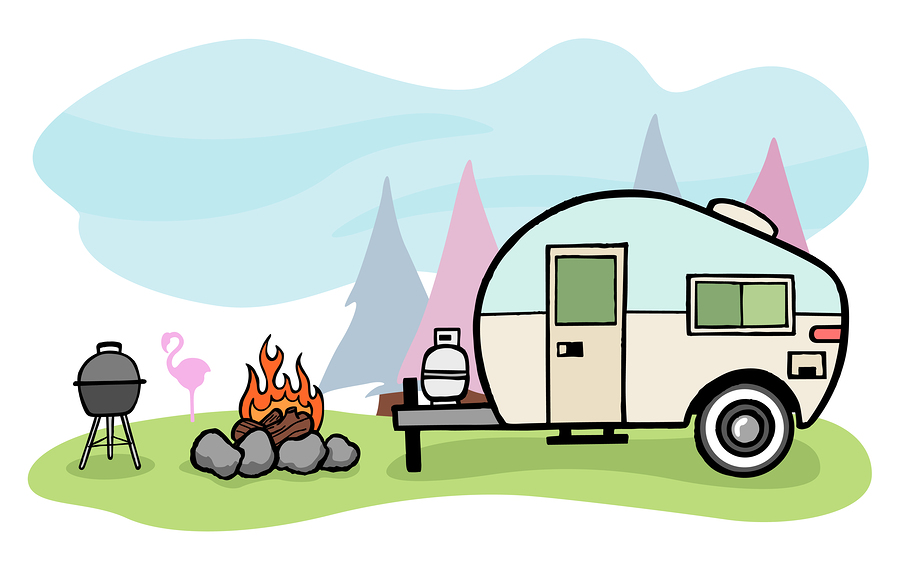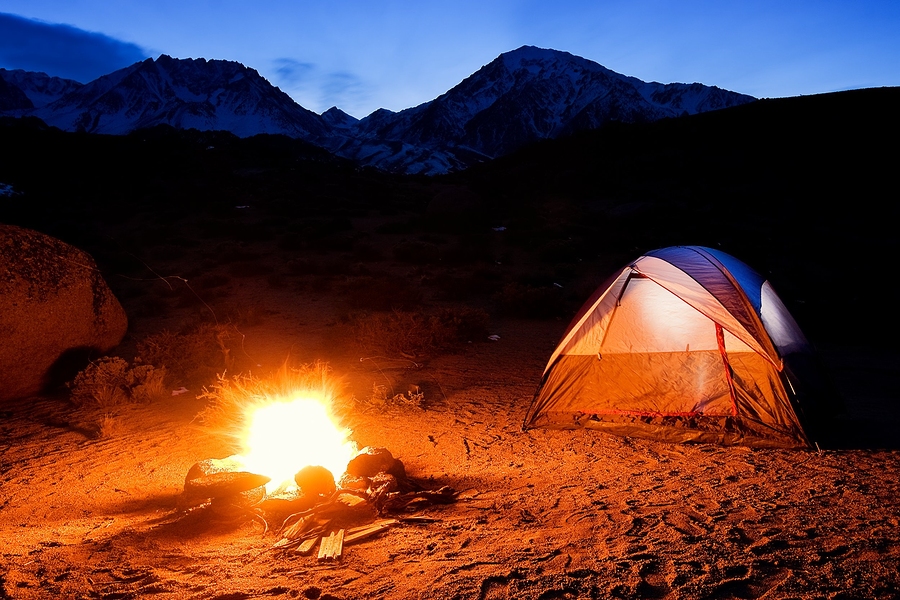Summer fire safety tips
At some point this summer, you will most likely use fire for something. Whether it be a camp fire, fireworks or a grill, the potential for both fun and hazards is present. We put together a few fire safety tips for using fire (and its byproducts) safely and responsibly.
Fire Safety Oregon:
- Campfires: Make sure that your campfire is well contained, either in a pit or surrounded by rocks and the area around and above it is free of flammable material. Watch sparks and shifts in the fire to ensure that the flames stay within the pit. Be sure to extinguish your fire prior to sleep and when you depart the camp site. Having a bucket of water or a fire extinguisher handy is a very good idea. If a forest or brush fire should start, you’ll want to contact the authorities (in many cases a camping host) immediately.
- Fireworks: Whether you are shooting off fireworks in your neighborhood or at a campground (make sure this is within the confines of the campground rules), you should be prepared for anything. When lighting fireworks, make sure that there is nothing flammable around your area and keep fireworks away from houses and other structures. Keep a bucket of sand available to dispose of used fireworks and never throw used fireworks directly into the garbage as they could spark a fire. Make sure to keep a hose, water bucket or fire extinguisher in the event a rogue fireworks sparks a blaze. Should a fire occur dial 911 immediately.
- BBQs: Barbequing is a summer pastime. Whether you prefer a charcoal or gas grill, you should take some safety precautions. Never grill too close to a dwelling wall or under an awning or porch, the heat from the grill could cause a spark. If you are storing a grill close to a dwelling, make sure the grill is completely cooled before putting it in place. When using a charcoal grill, closely follow the direction on the lighter fluid as large flames could start a fire and injure anyone standing too close.
- Other causes: BBQs, fireworks and campfires are not the only catalysts when it comes to fires. Sparks from ATVs, motorcycles, RVs and cars can start fires with the driver never knowing. Making sure your regular and off-road vehicles are in good repair may help prevent a random spark from starting a blaze.
According to the National Parks Service, “As many as 90 percent of wildland fires in the United States are caused by humans.” What it doesn’t mention: if you start a fire you may be liable for any restitution and damage costs, which could result in you being responsible for hundreds of thousands of dollars. Using proper safety techniques and having the right amount insurance may help cover some of those costs in the event you are found liable or negligent in a fire. Talk to your Klamath Falls, OR Pacific Ridge Insurance agent about how your home insurance policy may help protect you should you start a fire on your property or on a neighbor’s property. Having a personal umbrella policy may help reduce damage costs from an exhausted home insurance policy or negligence from a fire started away from your home. Ask your Pacific Ridge agent what may be right for your situation and budget. You can also visit our insurance website 24/7 to see what other insurance products we offer like boat or flood insurance. We hope you have a safe summer!




